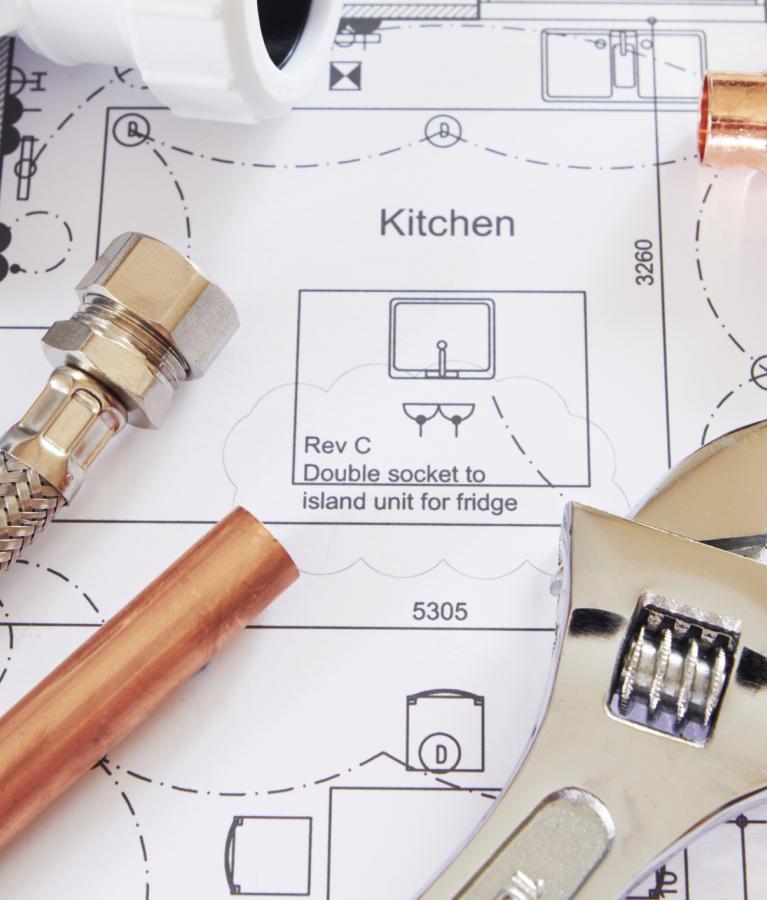A life-changing renovation can be fun and exciting. Choosing paint colours, bathroom fittings or installing that butler’s pantry you’ve always wanted can be a dream come true. But before you get carried away with the romance of it all, make sure you do your pre-planning. Also be sure to think about the legal boxes you need to tick so your renovation doesn’t cost you money, or risk your safety, in the long run.
Getting council approval
Contact your local council for advice on what kinds of renovations require council approval. You may need a planning permit if your renovation requires altering a building – especially the front if it’s in a heritage area – or clearing trees or plants from land .
In many cases, renovations need a building permit, whether or not a planning permit is required by the council. A building permit is issued by a registered building surveyor to confirm that the planned renovation meets the legal requirements .
Meeting requirements for owner-builders
If you’re planning to manage your renovation project yourself – rather than hiring a registered builder – you’ll need to get the right building permits, supervise the building work or do it yourself, and make sure the work meets building regulations and standards.
Hiring licensed tradespeople
Only use licensed building practitioners and tradespeople.
Building practitioners include builders, architects and engineers, all of whom must meet certain obligations to maintain their accreditation. For example, in some states they must use a domestic building contract for all work worth more than $5000, including renovations . They must also take out domestic building insurance to protect the homeowner if they die, disappear or go bankrupt.
When carrying out plumbing or electrical work, only use licensed tradespeople – they are required by law to certify their work.
Dealing with hazards
Termites can wreak havoc on renovations and building works. Contact your local council to find out if your area has a documented termite problem. They’ll be able to advise you on the best way to protect the work that has been done to your house.
Many Australian homes contain asbestos building products. If you know or suspect your home contains asbestos, get an asbestos check by a reputable assessor. If they find asbestos, hire a licensed asbestos removalist to get rid of it safely.
The world of renovation permits and regulations might seem complex, but if you do your research and talk to the right people you’ll find that you’ll soon be able to start on the fun part of your renovations – like decorating that butler’s pantry.
Once your renovation is complete, additional rooms and appliances can mean higher energy bills so it's a good time to check you're getting the best deal on your electricity and gas plan.




